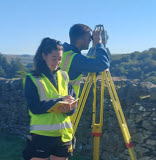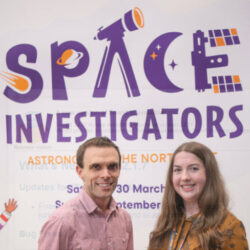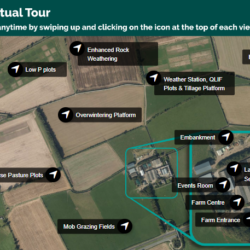Embedding Sustainable Development through interdisciplinary problem-based learning
Dr Amy Proctor and Michelle Black reflect on how they embedded interdisciplinary problem-based learning into the design of a new module in SNES to help students explore sustainability challenges, develop a broad understanding of the SDGs and develop collaborative experiences and essential skills for future careers.









